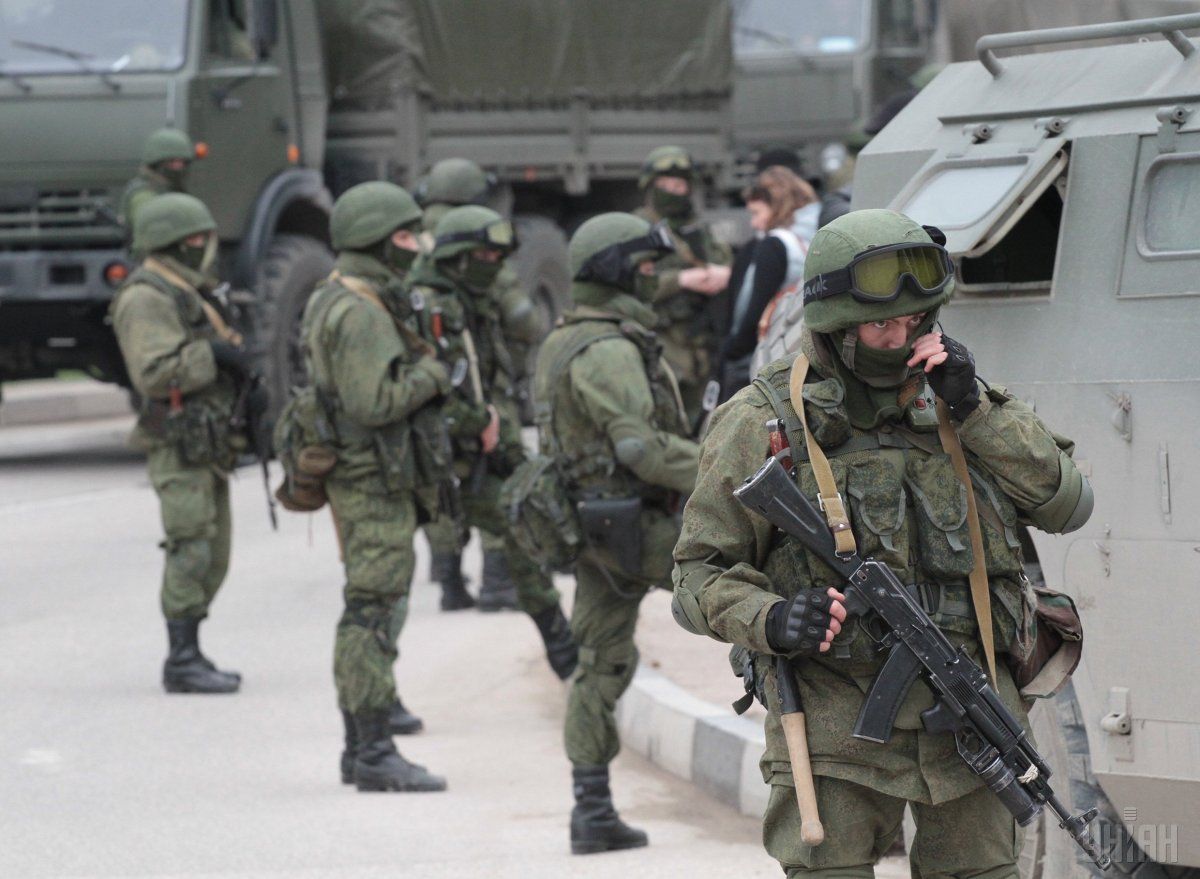
The Russian Federation began rolling back diplomatic relations with the European Union back in 2014, by launching aggression against its neighboring state Ukraine, says Ukrainian Foreign Minister Dmytro Kuleba.
"Russia began to curtail relations with the European Union back in 2014, starting aggression against Ukraine. That's because this aggression violated fundamental principles that the European Union defends. And the European Union did nothing to distance itself from Russia. It is Russia that is moving away from the European Union," Kuleba said, speaking at a joint press conference with his Slovak counterpart Ivan Korcok in Kyiv February 16, according to an UNIAN correspondent.
"With regard to the latest statements by Minister Sergei Lavrov, we can only thank him for so fully and vividly demonstrating to his EU counterparts the whole breadth of the Russian soul," Kuleba stressed.
Read also"Soft power" to promote "Russian world" in Ukraine won't work – FM KulebaLatest diplomatic row between Russia and EU
Following his visit to Moscow, Vice President of the European Commission, EU High Representative for Foreign Affairs and Security Policy Josep Borrell said Russia was not interested in a constructive dialogue with the EU. He added that Russian authorities did not want to use his visit to establish a constructive dialogue with the Bloc.
In Moscow, Borrell called on Russian Foreign Minister Sergei Lavrov to implement Minsk Agreements on to reach peace in Donbas. The EU envoy has pointed out the importance of respecting the territorial integrity of Ukraine.
Later, answering a question on whether Russia is heading for breaking up ties with the European Union, Russian Foreign Minister Sergei Lavrov said: "We proceed from the fact that we are ready. We are neighbors. Collectively, they are still our largest trading and investment partner. Many companies operate here, there are hundreds, thousands of joint ventures. If the business is mutually beneficial, we will pursue it."
Expressing conviction that Russia has become completely self-sufficient in military terms, he added: "We need to achieve the same in the economy in case we see, again (as we have already seen more than once) that sanctions are imposed in some areas that create risks for our economy, including in the most sensitive areas (supply of components and machine units). We don't want to isolate ourselves from international life, but we must be ready for this. If you want peace, prepare for war."
Later, Vladimir Putin's spox Dmitry Peskov scrambled to elaborate on Lavrov's statement, saying that what the foreign minister meant was that Russia should be ready "for some restrictions, for some limitations, and other unfriendly manifestations."

